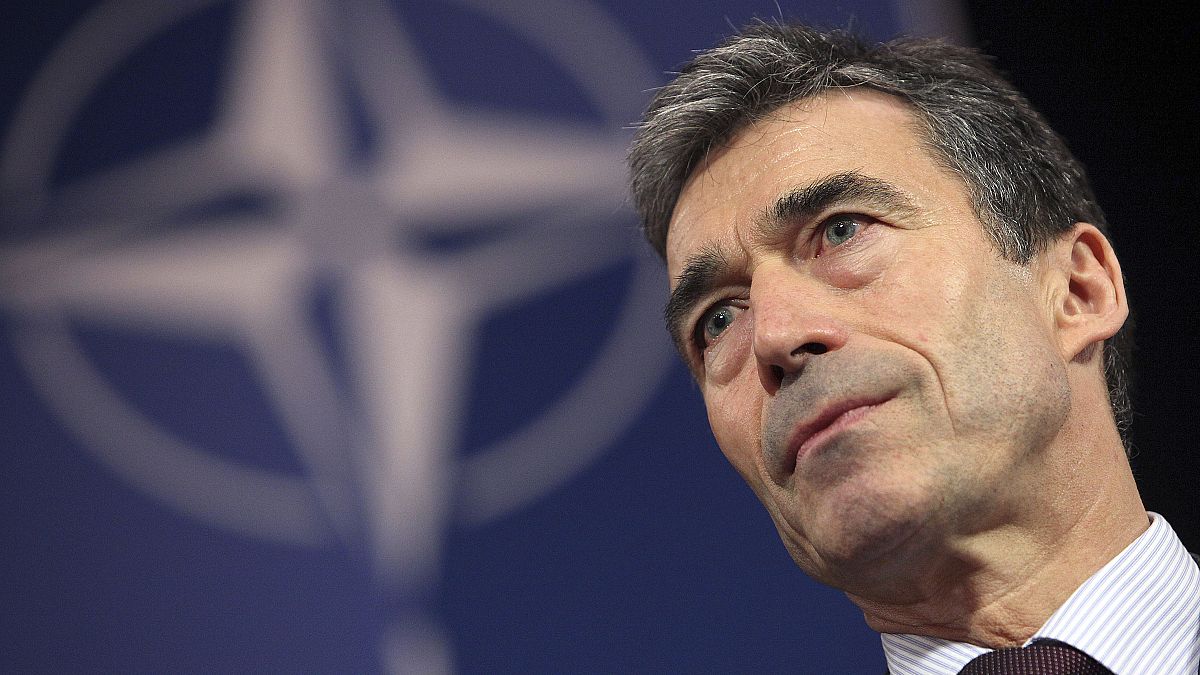EU Leaders may be relieved that Biden will do whatever it takes to restore traditional transatlantic ties but this doesn't mean that U.S. priorities will dramatically change. For Rasmussen, China, as rising power, is the biggest challenge.
The Transatlantic Alliance has gone through a rough patch under outgoing US president Donald Trump with the American military planning some major shifts to its footprint in Europe.
These shifts include a large withdrawal from bases in Germany that have been raising security concerns on the continent, more troops in Poland as well as a potential move of its military base from Turkey to Greece following Ankara's decision to deploy Russian S-400 missiles.
Now, EU Leaders may be relieved that Biden will do whatever it takes to restore traditional ties but this doesn't mean that U.S. priorities will dramatically change.
We spoke to former NATO Chief Anders Fogh Rasmussen about what to expect from the new commander-in-chief in Washington.
One question for NATO members in Europe is whether Biden's administration could restore the US reputation for being the guardian of Western democracies and the global order pre-Trump.
Rasmussen believes that the US could reassert itself, but that Europe shouldn't expect a return to the Obama-Bush-Clinton era.
"Europeans should not expect to get off the hook just because Biden has taken on the presidency. For instance, in Europe, we should live up to our commitment to invest at least two percent of our production in defence," explains Rasmussen, "and Biden will continue to push for that."
Europe is facing multiple challenges from traditional sources of threats to NATO from Moscow, but increasingly from Beijing.
For Rasmussen, China, as rising power, is the biggest challenge.
"China is flexing its muscles not only in the near neighbourhood in the South China Sea, they have punished the Australians."
He adds that whenever criticism is raised Chinese diplomats 'raise their voices and criticise European governments, and we will see them blackmail and single out individual European countries'.
The challenge for Europe vis-a-vis China will be to stay united behind a single policy on China.
"It's increasingly difficult for the European Union to obtain unity when it comes to criticising the the Chinese government and the recent E.U. Chinese investment agreement will only amplify that problem," says Rasmussen.
Rasmussen believes that China gains more than just economic benefits from the EU-China investment agreement.
"They have split the EU and the US and they have ensured that it will be increasingly difficult for the EU to criticise the lack of respect for human rights in China," he added.
On Russia, Rasmussen thinks Europe should increase pressure on Russia 'to stop destabilising Eastern Ukraine'. He also wants to see the Nord Stream 2 pipleline project put on ice, adding 'I think Europe will be confronted with similar pressure from the United States'.
